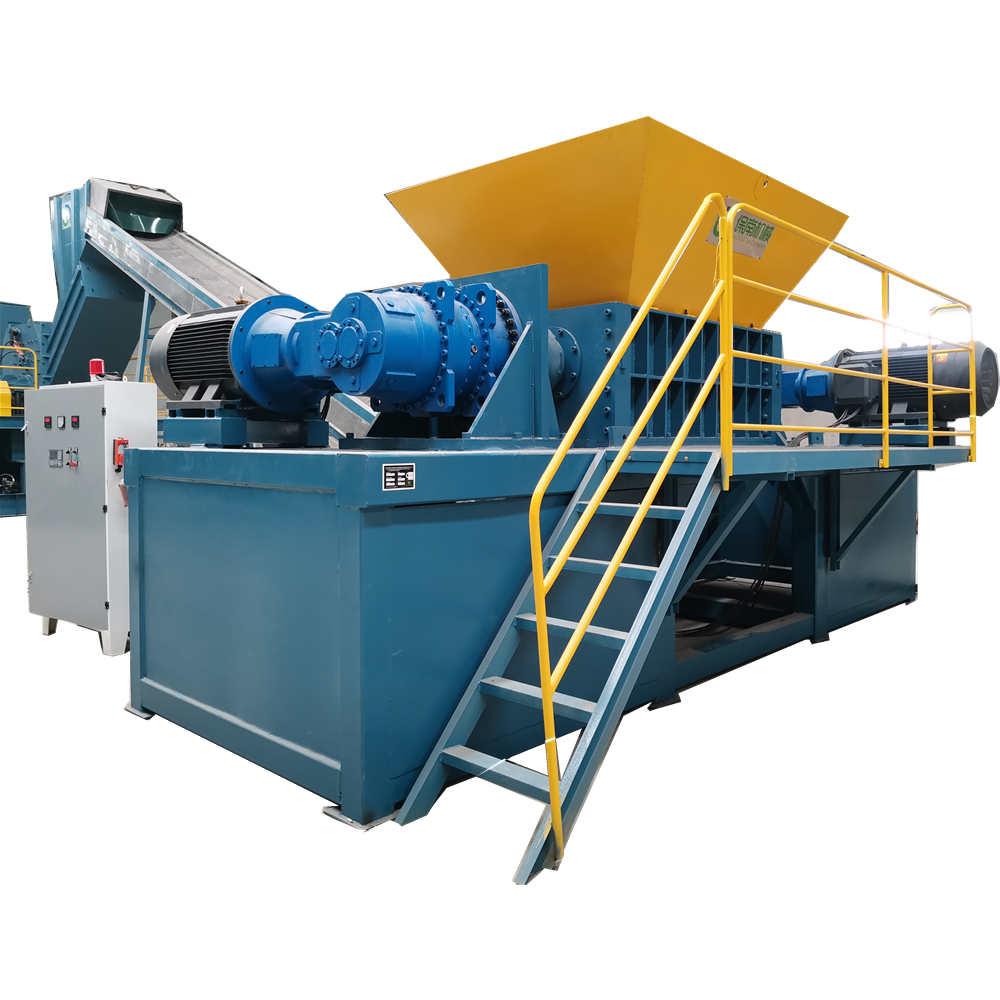

Дек . 25, 2024 17:52 Back to list
Aluminum Can Recycling Plant A Sustainable Solution for a Greener Future
The advent of aluminum can recycling plants marks a significant step towards sustainability and environmental conservation. Aluminum cans, widely used for beverages and other consumables, are highly recyclable materials that play a pivotal role in promoting a circular economy. The establishment of dedicated recycling plants not only aids in reducing waste but also contributes to energy conservation and resource management.
Aluminum recycling is an efficient process that begins when consumers dispose of their cans in recycling bins. Unlike many other materials, aluminum can be recycled indefinitely without losing its properties. This characteristic makes it one of the most sustainable materials available. Recycling one aluminum can save enough energy to power a television for three hours. Given that millions of cans are consumed daily, the potential for energy savings is enormous.
Once collected, the cans are transported to recycling facilities where they undergo a meticulous cleaning process to remove contaminants such as labels, paint, and food residue. Next, the aluminum cans are shredded into small pieces. This step not only makes it easier to handle the material but also increases the efficiency of the recycling process. The shredded aluminum is then melted in large furnaces, a process that requires only 5% of the energy needed to create new aluminum from raw materials—bauxite ore. This energy efficiency is one of the primary reasons why aluminum recycling is so beneficial for the environment.
The molten aluminum is cast into large blocks known as ingots, which can then be transported to manufacturing facilities. These ingots are reused to create new cans, automotive parts, building materials, and much more. This closed-loop process significantly reduces the demand for virgin aluminum, thus conserving natural resources and decreasing greenhouse gas emissions associated with mining and processing bauxite.

Moreover, aluminum recycling plants play a crucial role in community engagement and education. Many facilities offer tours and workshops that educate the public on the benefits of recycling and sustainable practices. By raising awareness, these plants foster a culture of environmental responsibility and encourage individuals to make conscious choices in their consumption and disposal habits.
The economic benefits of aluminum recycling plants are also noteworthy. They create jobs, both directly in the recycling facilities and indirectly in associated industries such as transportation and manufacturing. As the demand for recycled aluminum remains high, these plants can stimulate local economies while contributing to job creation in a sector that is increasingly recognized for its sustainability efforts.
Despite the numerous benefits, challenges remain in the effective management of aluminum can recycling. Contamination is one of the most pressing issues, as non-recyclable materials in the recycling stream can reduce the quality of recycled aluminum and hinder the recycling process. Hence, public education on proper recycling practices is essential for maximizing the efficacy of aluminum recycling programs.
Additionally, global market trends influence the profitability of aluminum recycling. Fluctuations in the price of aluminum can affect the operations of recycling plants, potentially leading to reductions in collection and processing capabilities. To counteract these challenges, it is crucial for stakeholders—including government agencies, businesses, and local communities—to collaborate and create policies that support the economic viability of recycling initiatives.
In conclusion, aluminum can recycling plants represent a powerful tool in the fight against waste and environmental degradation. By promoting the recycling of aluminum cans, we not only conserve resources and energy but also pave the way for a sustainable future. The commitment to recycling must be embraced at every level—from individual consumers to large corporations—to ensure that aluminum remains a viable, sustainable resource for generations to come. Through collective efforts and innovative recycling practices, we can achieve a greener planet and a more sustainable economy.
Latest news
Eddy Separator for Non-Ferrous Metals
NewsAug.22,2025
E Waste Bin for Collected Spray Cans: Sustainable Disposal Solutions
NewsAug.22,2025
Dual Shaft Shredder with Adjustable Blade Gaps
NewsAug.22,2025
Hammer Crusher Machine With Secondary Crushing
NewsAug.22,2025
Copper Granulator Our Promise of Recycling Excellence
NewsAug.22,2025
Industrial Shredders Crafted for E-Waste Recycling
NewsAug.22,2025